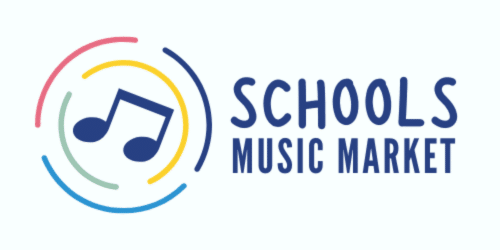Unlock the transformative potential of inclusive music education as a catalyst for engagement, empowerment, and overall development in special needs students. This blog post explores the profound benefits of music education for special needs students, emphasizing the importance of tailored instruction to create a supportive environment where every student thrives.
The Impact of Inclusive Music Education for Special Needs Students:
Inclusive music education significantly influences special needs students, promoting cognitive, emotional, and social well-being. Integration into the music classroom fosters a sense of belonging and acceptance, encouraging engagement, self-expression, and the development of crucial skills like communication, creativity, and problem-solving.
Adapting Instruction for Inclusive Music Education:
Tailoring instruction to meet the unique needs of special needs students is paramount in inclusive music education. Educators employ strategies such as modifying teaching techniques, materials, and assessments. Differentiated instruction ensures active participation and success, emphasizing the celebration of diverse abilities and unique talents.
Creating an Inclusive Music Classroom Environment:
An inclusive music classroom environment is crucial for the success of special needs students. Fostering respect, understanding, and empathy, educators create a safe space for self-expression. Collaborative learning experiences, peer interactions, and shared musical performances contribute to a community where special needs students can develop confidence, self-esteem, and positive social connections.
Adaptive Instruments and Assistive Technologies in Inclusive Music Education:
The integration of adaptive instruments and assistive technologies makes music accessible for special needs students, accommodating physical disabilities or limited mobility. These tools enhance participation, creativity, and independence, ensuring that all students can actively engage in the joy of music-making.
Collaborative Partnerships in Inclusive Music Education:
Inclusive music education thrives on collaborative partnerships between music teachers, special education teachers, therapists, and families. This teamwork allows for the sharing of expertise, insights, and resources to create comprehensive learning experiences. Collaborative partnerships ensure a cohesive approach that supports the unique needs of special needs students.
Individualized Learning Plans and Progress Monitoring:
Individualized learning plans serve as roadmaps for personalized instruction, accommodations, and adaptations in inclusive music education. Regular progress monitoring through observation, informal assessments, and student portfolios allows educators to track achievements, make necessary adjustments, and provide targeted support for continuous growth.
The Social and Emotional Benefits of Inclusive Music Education:
Inclusive music education contributes to the social and emotional development of special needs students. Through musical exploration, students express emotions, develop self-awareness, and learn emotional regulation. Collaborative music-making experiences foster teamwork, communication, and empathy, empowering special needs students to build meaningful connections and cultivate a sense of belonging.
Conclusion: Transformative Pathways in Music Education For Special Needs Students
Inclusive music education for special needs students is a transformative approach celebrating diversity, fostering engagement, and promoting holistic development. Embracing inclusive practices, adapting instruction, providing adaptive instruments and assistive technologies, and nurturing collaborative partnerships create a rich and inclusive music learning environment, empowering special needs students on a journey of continuous growth and success.
For resources to support your music classroom and music education for special needs students click here.



